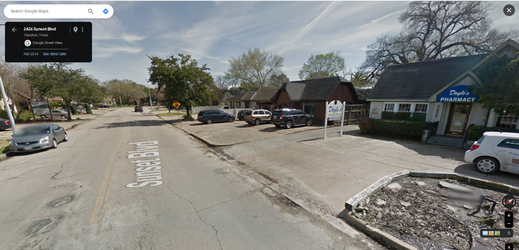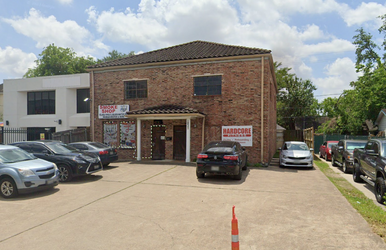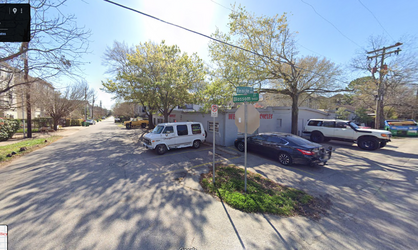An urbanist actually brought up the tunnels to say that it's plausible for Houston to build subways:

I assume (I don't have a Twitter account, so I can't see the whole thread) he's talking about the downtown tunnel system, which is a completely wrong comparison.
1. The downtown tunnel system is only one level below ground and often has low ceilings and other features, some of these are because of the other infrastructure below (sewage, etc.) Subways go much deeper.
2. The ground under New York (and Tokyo) is largely rocky, whereas Houston's is pretty mushy. Houston's not the only one, Florida and New Orleans have even worse issues which makes basements, much less subways, unfeasible.
I love how urbanists think that legalizing commercial zoning everywhere would result in increased transit usage (hint: that's how American cities are designed, not European ones. Tokyo is essentially laid out the same way as an American city, just with 10 times the density).
The funny thing is that Houston doesn't have zoning. When you point this out, they'll goalpost-move with "but muh parking minimums" (or bring up deeds, which some neighborhoods still have).
Where Houston succeeds is that zoning is created naturally because people tend to not like living near commercial establishments, and commercial establishments favor busier roads. In some cases, you get streets that have been [
https://www.google.com/maps/@29.723...entry=ttu]entirely converted to small offices.

In some areas, you can build apartments and townhomes, but the end result is that you just end up running people out and create more sprawl.
Hardly any residential buildings exist on major roads because they're more valuable as commercial space, either demolished or
crudely converted into such like what was once an apartment building:

This idea of you can just plop down a commercial establishment in the middle of a side street is unrealistic, because most of these stores require traffic, foot or car, to be seen. There are some exceptions, like this large
bicycle shop nestled in a dense residential area but these tend to be the exception rather than the rule, and even a bicycle shop is going to be a niche business that doesn't need to be high-volume to succeed.

Even without zoning, there's almost no "high-volume" places like stores or restaurants that aren't within three blocks of a major road or otherwise part of a shopping district. It just doesn't happen.



































































